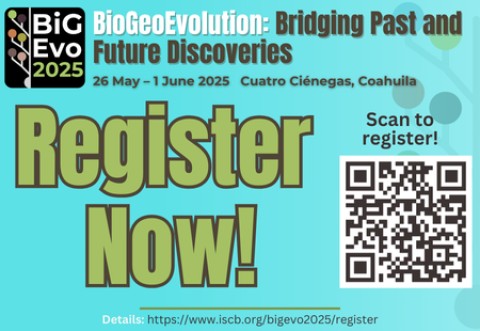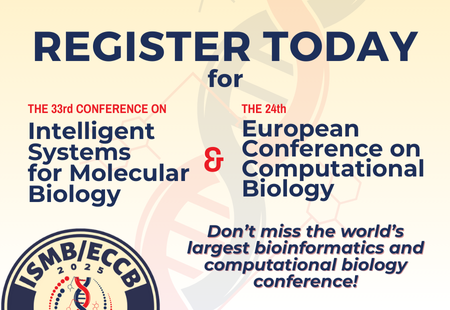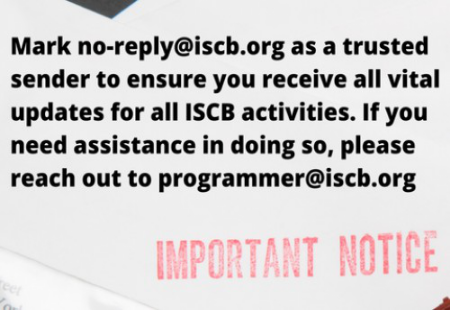- Lawrence Hunter (editor), Artificial Intelligence and Molecular Biology
- This book is intended for computer scientists and mathematicians who are interested in an introduction to molecular biology and the applications of artificial intelligence to molecular biology. It is now out-of-print, and is being distributed for free on the web.
Andy Baxevanis and Francis Ouellette, Bioinformatics: A Practical Guide to the Analysis of Genes and Proteins John Wiley and Sons, 1998; 2nd edition April 2001- "- provides a broad overview of the basic tools for sequence analysis - For biologists approaching this subject for the first time, it will be a very useful handbook to keep on the shelf after the first reading, close to the computer." -Nature Structural Biology
"- should be in the personal library of any biologist who uses the Internet for the analysis of DNA and protein sequence data." -Science
"- a useful resource to help biologists extract the maximum value from their data." -Cell
" - a wonderful primer designed to navigate the novice through the intricacies of in scripto analysis - The accomplished gene searcher will also find this book a useful addition to their library - an excellent reference to the principles of bioinformatics." - Trends in Biochemical Science
"- a nice overview of - bioinformatics that is suitable for the neophyte and those experienced in the field - With the wide variety of topics covered, this book is one that should be included in the collection of anyone involved with the emerging field of bioinformatics." -Biotech Software and Internet Report
Pierre Baldi and Sÿren Brunak, Bioinformatics; The Machine Learning Approach- This book describes key machine learning approaches to molecular biology, including neural networks and hidden markov models. It is intended for two audiences: computer scientists / mathematicians and molecular biologists.
Pavel Pevzner, Computational Molecular Biology- In one of the first major texts in the emerging field of computational molecular biology, Pavel Pevzner covers a broad range of algorithmic and combinatorial topics and shows how they are connected to molecular biology and to biotechnology. The book has a substantial "computational biology without formulas" component that presents the biological and computational ideas in a relatively simple manner. This makes the material accessible to computer scientists without biological training, as well as to biologists with limited background in computer science.
M.J. Bishop and C.J. Rawlings (editors), DNA and Protein Sequence Analysis---A Practical Approach IRL Press at Oxford University Press, 1997 ISBN 0 19 963464 5 (Hbk) ISBN 0 19 963464 7 (Pbk)- An excellent introduction to Internet resources for molecular biologists. Unique coverage of issues relating to analysis of genomic sequence data. Provides an overview of the science underlying modern bioinformatics tools. Deals explicitly with the issues of interpreting results from computer analysis of DNA and protein sequence - not just how to run the programs.
R. Durbin and S. Eddy and A. Krogh and G. Mitchison, Biological Sequence Analysis: Probabilistic Models of Proteins and Nucleic Acids. Cambridge University Press.- A tutorial introduction to the use of hidden Markov models, stochastic context free grammars and other probabilistic models for sequence analysis problems in computational molecular biology.
W. Ewens and G. Grant, Statistical Methods in Bioinformatics Springer-Verlag NY- This book grew out of a need to teach bioinformatics to graduate students at the University of Pennsylvania. At the same time however, it is organized to appeal to a wider audience. In particular it should appeal to any biologist or computer scientist who wants to know more about the statistical methods of the field, as well as to a trained statistician who wishes to become involved in bioinformatics. The earlier chapters introduce the concepts of probability and statistics at an elementary level, and will be accessible to students who have only had introductory calculus and linear algebra.
S.L. Salzberg, D.B. Searls, and S. Kasif (eds.), Computational Methods in Molecular Biology Elsevier Science B.V., Amsterdam, 1998.- This book describes a range of different computational approaches to gene finding, protein structure prediction, and other sequence analysis problems. Tutorial material is included to make topics such as hidden Markov models accessible to the reader with a background in biology. Other tutorials are included to introduce biological concepts to readers whose background is computer science or something else besides molecular biology.
J. Setubal and J. Meidanis, Intro. to Computational Molecular Biology, PWS Publishing Co., 1997.
M.S. Waterman, Introduction to Computational Biology- This book is intended to introduce someone who has advanced mathematical skills to the subject of biological data and problems.
C.H. Wu, Neural Networks and Genome Informatics- This book is a comprehensive reference in the field of neural networks and genome informatics. The tutorial of neural network foundations introduces basic neural network technology and terminology. This is followed by an in-depth discussion of special system designs for building neural networks for genome informatics, and broad reviews and evaluations of current state-of-the-art methods in the field. This book concludes with a description of open research problems and future research directions.
Proceedings of Intelligent Systems for Molecular Biology 1997- 375 pages recounting the presentations and events of this critical conference which was held in Greece in 1997.
Michael J. E. Sternberg, editor, Protein Structure Prediction---A Practical Approach Oxford University Press, London, 1996.- A very good introductory tutorial for molecular biologists. Covers Sequence databases, alignment and secondary & tertiary structure prediction.
Sequence Analysis Primer- Computerized sequence analysis is an integral part of biotechnological research, yet many biologists have received no formal training in this important technology. Sequence Analysis Primer offers the necessary background to enter this exploding field and helps more seasoned researchers to fine-tune their approach.
BioInform also has a large list of computational biology books, with links to ordering sites.
While ISCB does provide links to conferences, events, and other news items that may be of use to ISCB members and bioinformaticians at large, ISCB has no control over non-ISCB resources, and is not responsible for the content provided by outside sources. Such listings are not meant as an endorsement by ISCB.



























